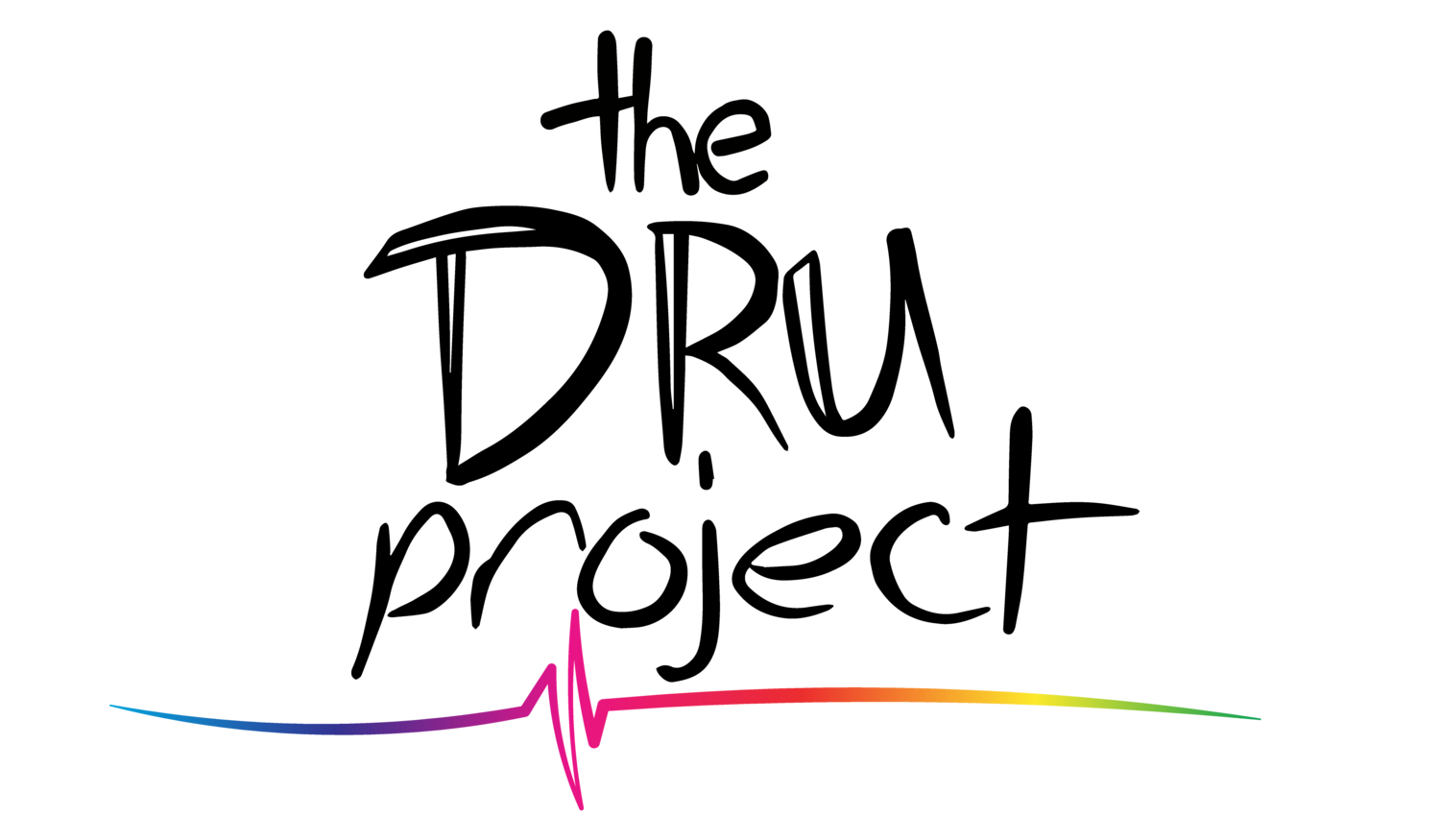The 2021-2022 school year is about to begin and we wanted to kick it off by introducing you to our scholars! This year, we had such a hard time choosing between a ton of incredible applicants. Ultimately, the five we went with are doing spectacular things in their communities and making life better for their LGBTQ+ peers.
Meet Taylor Vassar, who is a student at UCLA in Southern California. Read her essays below:
Currently, I am a research assistant for a project that examines the experiences of Queer, Transgender, Black and Indigenous People of Color (QTBIPOC) at the University of California, Los Angeles (UCLA). As an intern for the UCLA LGBTQ+ Resource Center, I make note of patterns in the feedback that these students give, create a summary of findings, and interact with various student resource centers on campus regarding improvements that can be made to better serve the QTBIPOC population. As a queer black woman, I have a personal connection and passion to this research project since it involves my identities and creates a positive impact on the targeted demographics. In my future career, I intend to use my skills as a statistics major and combine it with my passion for helping the LGBTQ+ and ethnic minority communities, similar to my current project. However, one of the most bothersome factors in regards to my education are the costs associated with it. If awarded, the funds from a Spirit of Drew scholarship will be prioritized towards my tuition expenses for college, which is the area that needs the most financial attention in my life. For the past year or so, I have been responsible for paying for my own groceries, car insurance, phone bill, gas, and education expenses to the best of my ability, with limited outside help. Taking care of these mentioned expenses are routine to me, however having funds to use towards the most expensive factor is something that I would be immensely grateful for. In addition, it would allow me to continue my upper division courses in statistics and remain a student at the school, which is necessary to continue my internship as well -- both of which are factors in my future career as a statistician for social justice.
———
In May of 2020, the resurgence of the Black Lives Matter movement brought to my attention both the beauty and struggles of intersectionality. It seemed that the identities I deemed the most important to myself also put a target on my back; as a woman, carrying a bottle of pepper spray and a defense weapon during my late-night Doordash deliveries is second-hand nature to me. As a queer individual, dealing with homophobia in my own family means that I can only express my true self in my trusted friend group; and lastly, as a black person, navigating a white-dominated world with the constant anxiety and fear of being targeted for discrimination or a hate crime proves difficult. In June, I created a grassroots activist organization called Clothing 4 Black Lives, in which I sold donated clothes and gave the money to other black-owned organizations or small businesses. As I spent time folding, washing, and organizing the clothes, I came to the realization of how not only I was using the items for the benefit of the black community but the fact that I could use my other identities to create an impact as well. For example, to myself and other LGBTQ+ youth, fashion can be an important factor in expressing one’s sexuality or gender identity. On the Instagram page for the organization (@clothing4blacklives), I often emphasize that the clothing sold is for anyone of any gender or sexuality to create a safe space for others that identity with the queer community. This has not only attracted other queer individuals in my social circle that purchase clothes, but strangers as well. A majority of my clothing inventory is feminine-styled; however, I began to outwardly request more masculine-style clothing to expand the availability. Soon enough, more people that identified as males began purchasing from the account as well. This diverse range for clothing allows for those of all genders to express themselves however they would like without judgement. My identities have also led me to advocate for the advancement of other demographics as well, such as those who have a disability or first-generation college students. Being a leader in a movement regarding the equitable treatment of black people is very important to me -- intersectionality has helped me expand that passion and gain several perspectives.
Taylor Vassar (she/her) is a research assistant for a project that examines the experiences of Queer, Transgender, Black and Indigenous People of Color (QTBIPOC) at the University of California, Los Angeles (UCLA) as an intern for the UCLA LGBTQ+ Resource Center.
As a queer black woman, Taylor has a personal connection and passion to this research project since it involves her identities and creates a positive impact on the targeted demographics. In her future career, she intends to use her skills as a statistics major and combine it with her passion for helping the LGBTQ+ and ethnic minority communities, similar to her current project.
Being a leader in a movement regarding the equitable treatment of black people is very important to Taylor -- intersectionality has helped her expand that passion and gain several perspectives.

